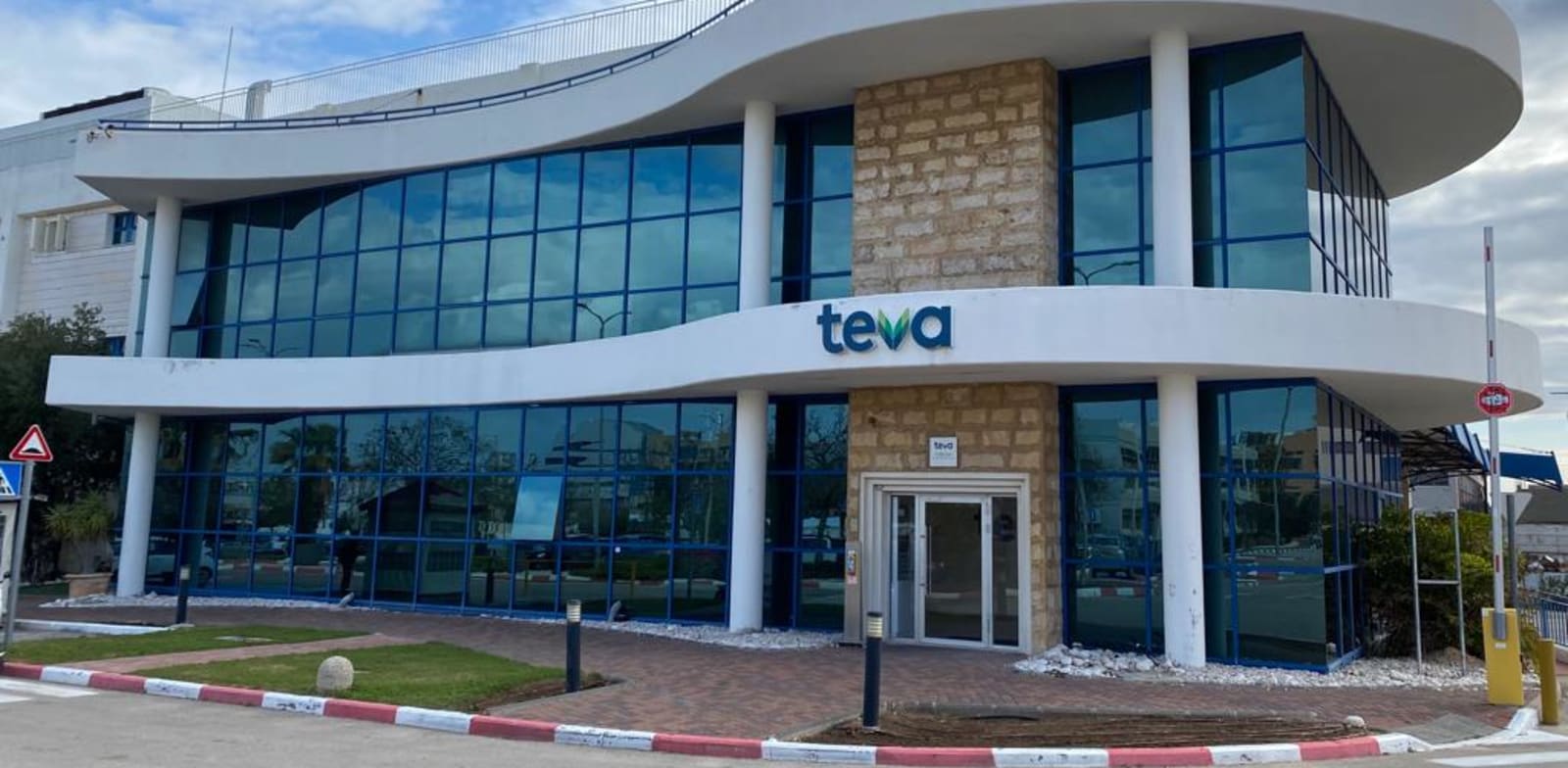What caused the share price of Teva Pharmaceutical Industries (NYSE: TEVA; TASE: TEVA) to fall almost 20% in April-May? A filing with the US Securities and Exchange Commission (SEC) last week provides a partial explanation: Capital Research Global Investors, until recently the largest shareholder in Teva, sold its entire holding in this period. At the beginning of April, it held more than 10% of Teva; by the end of May, its holding was zero. On the basis of Teva’s average share price over the period, the sale of the shares was worth about $973 million.
RELATED ARTICLES

Teva concludes US nationwide opioid settlement
Teva targets growth through innovation
Teva misses on profit, beats analysts on revenue
FDA approves innovative Teva schizophrenia drug
Capital Research Global Investors is part of Los Angeles-based financial services company Capital Group, which manages assets worth $2.2 trillion. As far as is known, other Capital Group funds still have holdings in Teva, but not more than 5%. Capital Research Global Investors had held 10% of Teva since 2018. Before the sale, it was the only entity with a holding of more than 5% in the company. It is not obliged to report the prices at which it bought and sold the shares, so it is not known whether it gained or lost on the investment.
Teva has a market cap of $8.2 billion on the New York Stock Exchange and the Tel Aviv Stock Exchange. Its shares gave a positive return of 14% in 2022, but the return for 2023 to date is minus 20%.
Last Thursday, the company finally put behind it the opioids affair in the US, which had weighed on its business results and its share price for several years, when it announced that it had completed the process of joining a nationwide settlement of the affair and had separately reached a $193 million settlement with the State of Nevada.
Earlier this year, Richard Francis became CEO of Teva, replacing Kare Schultz, who had held the post since 2017. Francis recently presented Teva’s new strategy for the coming years, aimed at restoring revenue growth after five years of decline, continuing the debt reduction that had taken place under Schultz, and focusing on innovative products and biosimilars. Teva will stop producing some generic products that have low profit margins and for which competition is strong. In a meeting with investors to present the strategy last month, Francis estimated that Teva’s bonds could return to being investment grade (as opposed to junk) within two to three years.
Published by Globes, Israel business news – en.globes.co.il – on June 11, 2023.
© Copyright of Globes Publisher Itonut (1983) Ltd., 2023.
Stay connected with us on social media platform for instant update click here to join our Twitter, & Facebook
We are now on Telegram. Click here to join our channel (@TechiUpdate) and stay updated with the latest Technology headlines.
For all the latest Business News Click Here
For the latest news and updates, follow us on Google News.
